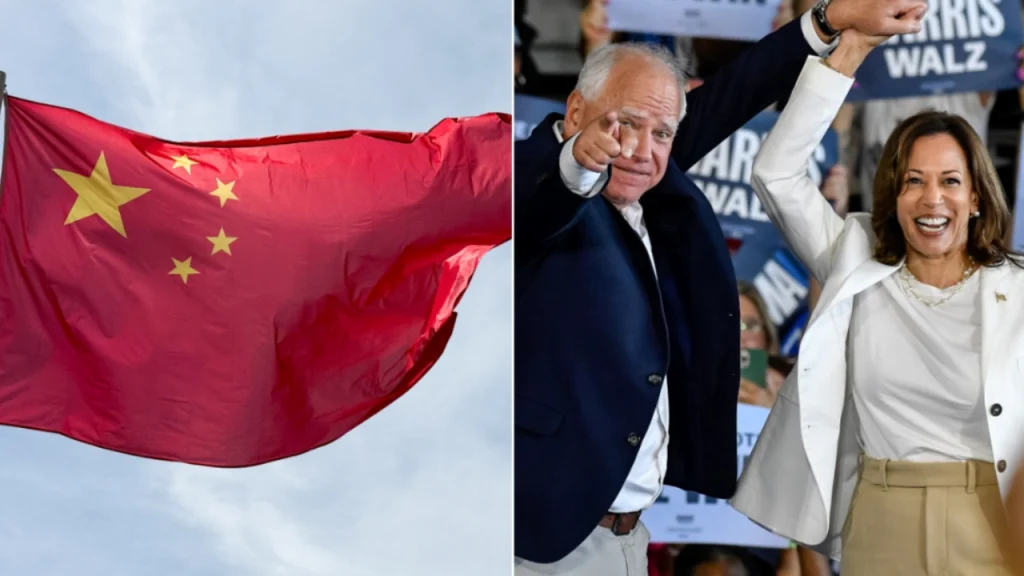In recent weeks, Minnesota Governor Tim Walz, the running mate of Vice President Kamala Harris, has come under scrutiny for exaggerating the number of times he has traveled to China. Initially claiming to have been to China “dozens of times,” Walz has since revised the number to “closer to 15 times.” This correction comes amid growing pressure from GOP critics regarding potential ties between Walz and the Chinese Communist Party (CCP). Earlier in the month, a letter was sent to the FBI requesting information on any interactions Walz may have had with CCP entities or officials in the past.
Walz’s first trip to China was in 1989 during the Tiananmen Square uprising, where he was part of a delegation of American teachers. He later continued to visit China annually with students, eventually setting up a company dedicated to organizing student trips to China and other international destinations. These trips occurred between 1993 and the early 2000s, before Walz entered politics. This experience in China was highlighted by Walz during his campaign for Congress, emphasizing his ties to the CCP through various educational and cultural exchanges.
However, as Walz’s China-related claims have come under scrutiny, other aspects of his background have also been questioned. He has been accused of misrepresenting his rank in the Army National Guard, falsely claiming to be a retired command sergeant major. Additionally, allegations have been made against Walz and his wife regarding their use of IVF treatments. A former National Guard veteran who served with Walz has called him a “habitual liar,” claiming he lies about a variety of things.
As part of the Harris-Walz campaign, these revelations have raised concerns about the credibility and honesty of the vice presidential candidate. Questions about Walz’s travels to China, military service, and personal life have called into question his integrity and trustworthiness. With the election approaching, these allegations have the potential to impact the campaign and the perception of Harris’ choice for a running mate.
The discrepancies in Walz’s claims about his trips to China, military rank, and personal life highlight the importance of transparency and honesty in political candidates. As a potential vice president, Walz’s integrity and credibility are being called into question, which could have implications for the entire Harris-Walz campaign. The need for accurate and truthful representation has become a key issue in the run-up to the election, as voters weigh the trustworthiness of the candidates they are considering.
With the Harris-Walz campaign facing scrutiny over various claims made by the Minnesota governor, the upcoming election could be significantly impacted by concerns about honesty and integrity. As voters evaluate the candidates and their backgrounds, issues surrounding Walz’s China connections, military service, and personal life will play a significant role in shaping public opinion. The need for transparency and truthfulness in political candidates has never been more evident, as the credibility of those seeking elected office comes under intense scrutiny.


